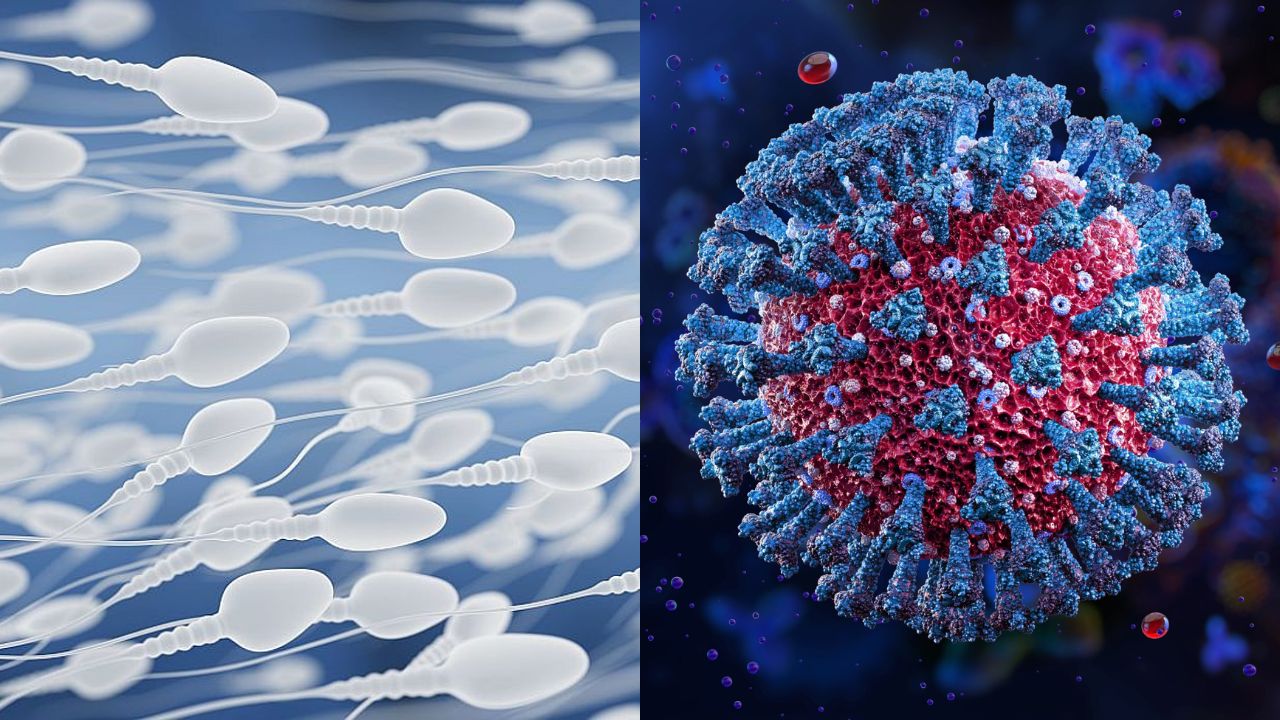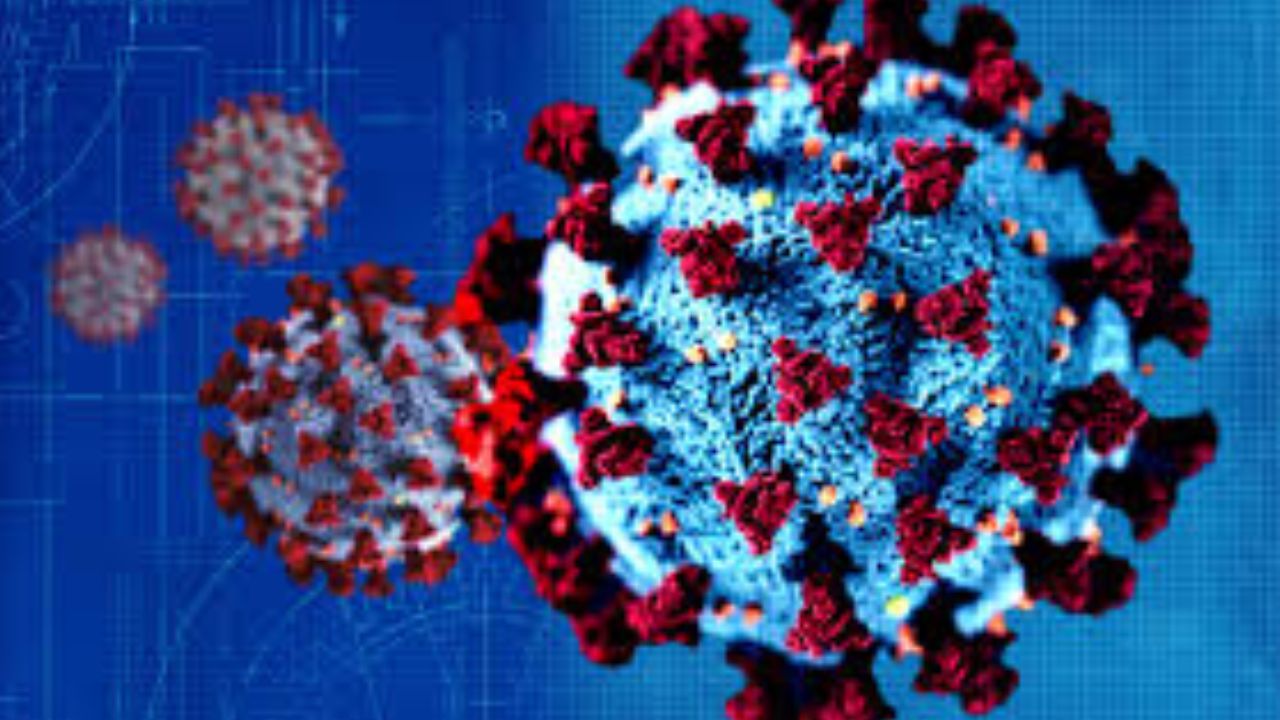 English
English

Research from the University of Melbourne reveals COVID-19 can change a father’s sperm RNA, leading to anxiety and brain changes in offspring, highlighting potential long-term mental health risks across generations.

A Recent Study Reveals That COVID-19 May Alter Your Sperm
New Delhi: COVID-19 isn't just a respiratory disease; it can affect various parts of the body and even generations to come. Recent research from the University of Melbourne, Australia, has made the startling discovery that if a man has COVID-19 before the birth of his child, his sperm may undergo changes that impact the child's mental development and behavior.
According to scientists at the University of Melbourne's Florey Institute of Neuroscience and Mental Health, infections like COVID-19 can affect the RNA molecules in a man's sperm.
RNA is a biological molecule that provides vital information for a child's development. When RNA changes, it can affect everything from fetal development to brain structure.
Covid 19: Coronavirus raising concern; WHO warns about 6 variants
Previously, scientists have found that stress and other illnesses also impact men's sperm, potentially affecting the mental health of the next generation. A similar effect was observed with COVID-19.
For the research, scientists infected male mice with the COVID-19 virus and, after their recovery, mated them with healthy female mice. The resulting offspring's behavior and brain were studied in depth.

Coronavirus raising concern again (Source: Internet)
The results revealed that children whose fathers were infected with COVID-19 exhibited more anxiety and fearful behavior.
Researchers specifically observed changes in the hippocampus region of the brain in female children. The hippocampus is the part of the brain responsible for memory, emotions, and mental balance.
Changes in the activity of several key genes in this region were found, indicating a predisposition to mental health problems.
Research leader Professor Anthony Hannan said that if these results are applicable to humans, it could pose a serious public health challenge for the entire world. Millions of children and their families could be affected.
Delhi CM Rekha Gupta honors COVID-19 heroes, gives ₹1 crore to families of martyred employees
This study shows that the impact of illness in a person's life is not limited to their physical health but can also affect the mental health of subsequent generations.
Therefore, it is important to conduct further research on this topic to understand and prevent the impact on children's mental development.
No related posts found.